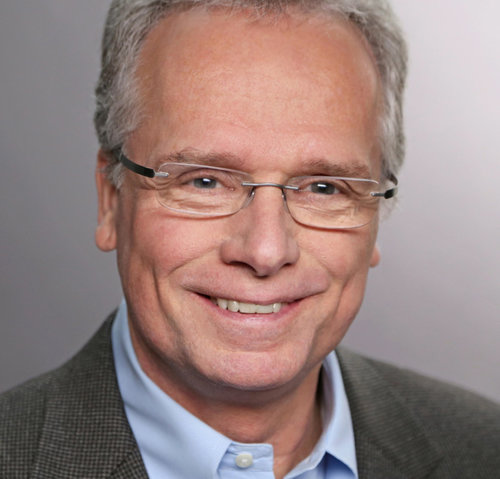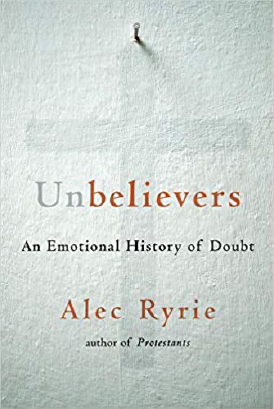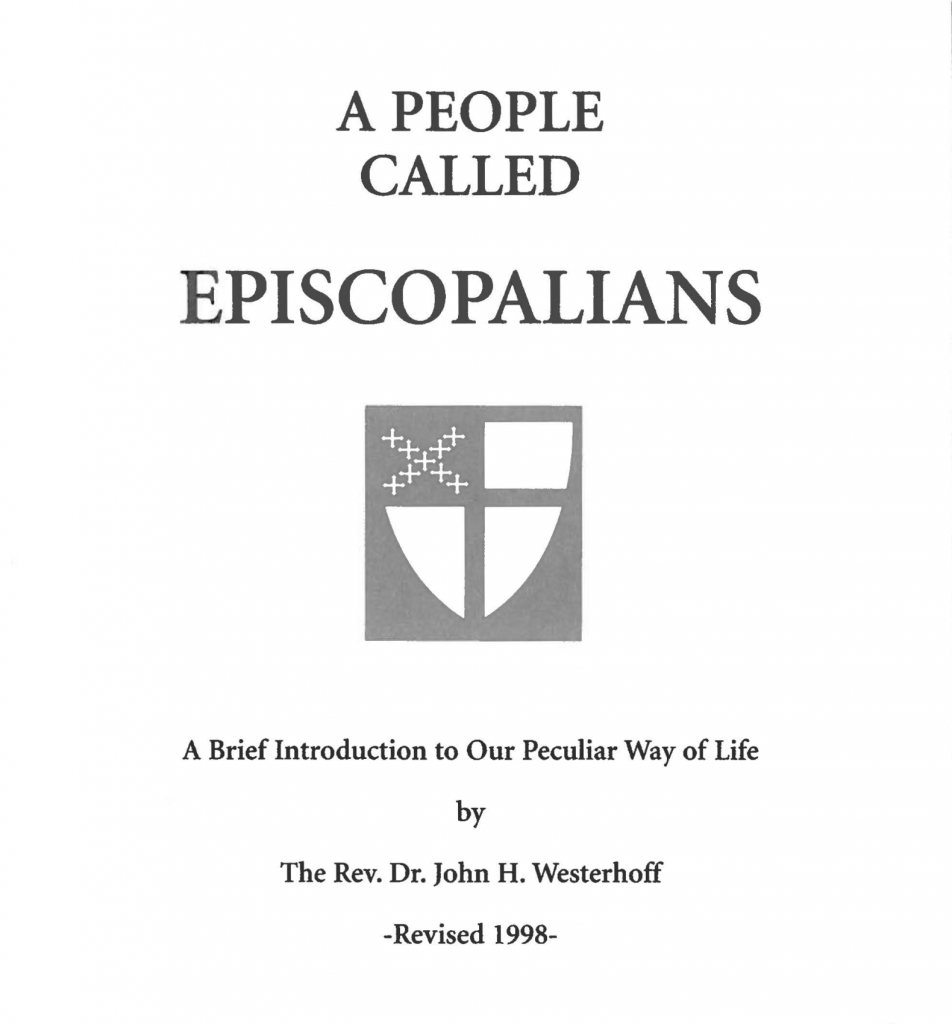
“We need quiet time to examine our lives openly and honestly — spending quiet time alone gives your mind an opportunity to renew itself and create order.” Susan Taylor My soul was renewed this past week by the gift of spending time with our two grandsons. They are ages six and four, and the wonder and curiosity they express about virtually everything around them are infectious. I recently made up something I named the “quiet game” that we play together, one that builds on their innate sense of delight and curiosity. In this game, I set a timer for anywhere from thirty seconds to a minute, and the rules are that we all have to be completely quiet, listening to all the sounds that we hear in the silence. When the timer goes off, everyone takes turns naming the sounds they heard. The beauty of this game is that we…




